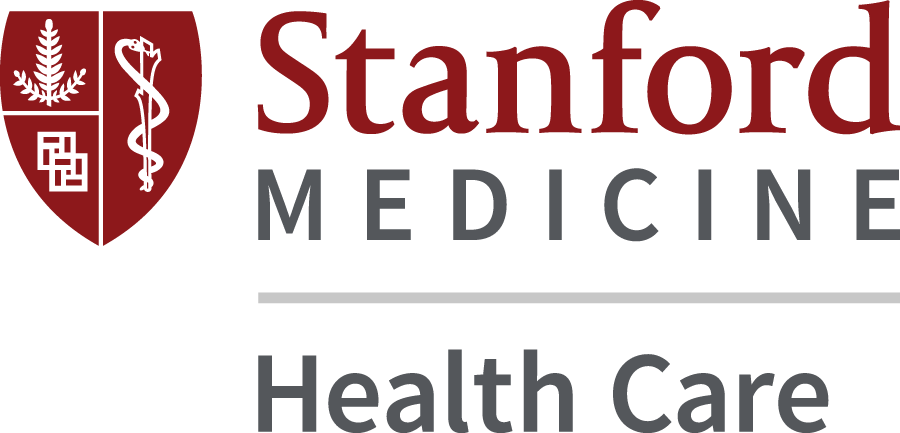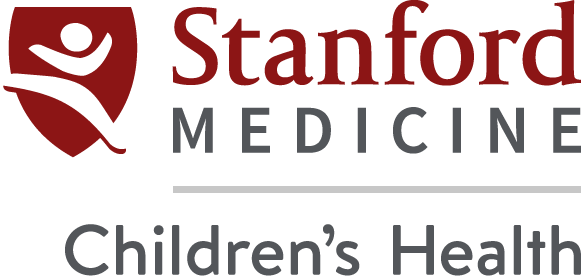You start your morning off with a simple cup of coffee while checking the news, and you see the headline: “Coffee Causes Premature Death.” But, wait, wasn’t there also a news story about coffee increasing life expectancy?
It’s frustrating to hear contradictory nutrition information when we’re trying to lead healthy lives. And because most of us aren’t researchers, it’s difficult to know what to make of the new information. To address this issue, we spoke with registered dietitian-nutritionist (RDN) Rosalyne Tu on the origins of contradictory nutrition information and what to do when we encounter new nutrition information.
We like new and novel news stories, and publishers like getting clicks on their websites.
A study finding that a vegetable-rich diet is good for you isn’t news. But, a study finding that a glass of wine has the same benefits as going to the gym? That gets people’s attention and more clicks on the website promoting the study.
“Very often the media oversimplifies or misinterprets a study, and then this misinformation is spread through social media,” explains Tu. “The average person won’t read the original research article; and even if they did, they’re not trained to decipher between a quality study and one that is poorly designed — so these sound bites are believable.”
Studies have focused on nutrients or compounds, rather than whole foods, leading to inaccurate conclusions.
“We’ve had a reductionist approach to nutrition. Researchers have tended to study nutrients and other food compounds instead of whole foods, which has contributed to many of the contradictions,” Tu says.
For example, some mice grew mammary tumors when they were fed soy compounds extracted out of soybeans, resulting in the premature conclusion that soy promotes cancer. However, studies of human populations who consumed whole soy foods, like tofu, found that soy is safe and may even lower one’s risk of certain cancers.
“Whole foods tend to have a protective component that is not present when nutrients or compounds are studied in isolation.”
Fear and misinformation spread about a food once it’s labeled “bad,” and that fear persists even when research redeems the food. Studying whole foods rather than nutrients and compounds would prevent this fear.
Most nutrition studies rely on people reporting what they eat — and to err is to be human.
Nutrition studies ask people to keep food logs, recall what they’ve eaten in the past 24 hours, and remember how often they’ve eaten certain foods in the past. Needless to say, people are fallible, and memory is faulty.
Says Tu, “It’s difficult to accurately remember every single food we’ve eaten and the serving size of each. Plus, we tend to over-report our intake of ‘healthy’ foods and under-report our intake of ‘unhealthy’ foods, which can lead to flawed data.”
Animal studies and short-term human studies aren’t enough to make nutrition recommendations.
Because long-term human studies can be expensive, complicated, and sometimes unethical to conduct, animal and short-term human studies (studies conducted in a year or less) are often performed to initially test nutrition hypotheses. However, animal physiology differs from ours, so our bodies may respond differently to the same treatment. Results from short-term human studies may hint at potential short-term health benefits, but there may be long-term consequences that would not be captured.
For example, the recent trend of intermittent fasting originated from animal research and is not yet supported in human research. There are questions that need to be answered before it can become a recommendation, such as the impact of fasting on age-related muscle loss.
Be wary of buzzwords – food trends exist to make money.
Whether it’s low carb or gluten-free, food trends are everywhere. Like other trends, they exist to encourage consumer spending and may not be evidence-based.
Tu says, “The term ‘superfoods’ is not in my vocabulary because I believe a lot of fruits and vegetables are superfoods in their unprocessed state. Not many people are interested in studying and marketing the basic foods around us unless there is a way to turn it into a profitable business.”
Always question the source of new nutrition information.
We may not all be scientists, but when we come across new nutrition information, we can ask ourselves a few basic questions to determine if the information is reputable.
- What is the source? Is the information coming from an expert? Is the source trying to sell you something? Do they have an agenda?
- Does the information match other credible health information? If the information seems too good to be true, it typically is. Likewise, if it’s an alarmist story about a food that is typically perceived as safe or beneficial, then put on your skeptic’s hat.
- What are other nutrition experts saying? When Tu comes across new nutrition information that is questionable, she seeks the opinions of other nutrition experts, such as Stanford’s Christopher Gardner, PhD, who have dedicated their lives to research and education.
Academics are your best bet for credible health information.
Mainstream news outlets are not always a good source for credible health information. At Stanford, we are fortunate to have staff at the Stanford Health Library. The librarians there can help you find evidence-based answers to your nutrition and health questions. Tu also recommends the following evidence-based nutrition newsletters:
- Nutrition Action (Center for Science in the Public Interest)
- Berkeley Wellness (University of California at Berkeley)
- Health and Nutrition Letter (Tufts University)
- The Nutrition Source (Harvard University)
Some recommendations are forever.
The recommendation to eat a variety of whole foods and avoid processed foods is the core of a healthy, nutritious diet and will likely not change.
Tu recommends combining the following three groups for meals and snacks to stay fuller longer, minimize cravings, and have stable energy throughout the day:
- Dairy, meats, poultry, fish, beans, lentils
- Whole grains, starches, fruit, vegetables
- Nuts, seeds, olive and other vegetable oils
She also advises getting enough sleep and exercise, as both help our bodies better gauge hunger and satiety.
How you eat is just as important as what you eat.
We can become so focused on the foods or amounts that we “should” eat that we end up feeling deprived or guilty. Tu notes that we can swing between the following two extremes, which impacts our mental, emotional and physical health:
- Tracking our calories and staying away from “bad” foods and only eating “good” foods
- Eating what we want in the amounts we want — and feeling increasingly guilty about it
The more we try to be “good,” the more our guilty feelings can grow as the pendulum swings in the other direction.
Tu’s belief in the importance of how we eat comes from the research on Eating Competence. People who are eating competent trust themselves to eat a variety of whole foods in amounts right for their bodies. This framework can help people work on mindful eating and promote weight stability.
“We use devices, web-based programs, diet books and blogs to tell us what and how much to eat. All of these methods are teaching us to distrust our bodies, even though we were designed to naturally regulate and eat the wholesome foods around us to meet our body’s needs.”
By Katie Shumake
June 2018


